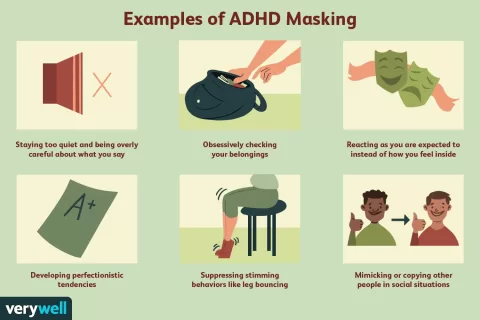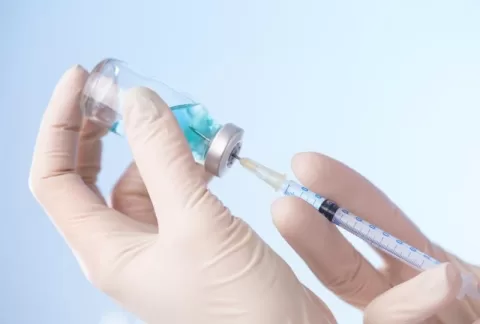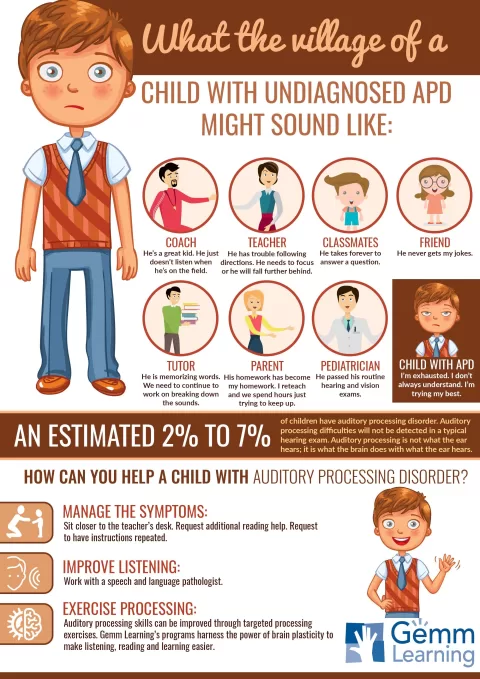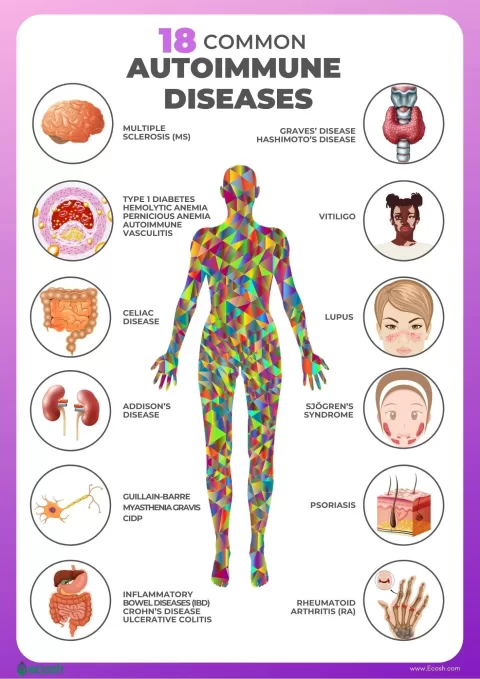Recent research has unveiled alarming connections between HPV and heart disease, suggesting that human papillomavirus infection may significantly heighten the risk of coronary artery disease. This critical link was highlighted in a sweeping study featuring comprehensive data from nearly 250,000 participants worldwide. Unlike traditional risk factors, such as smoking and high blood pressure, HPV infection appears to introduce a new dimension to the understanding of cardiovascular disease. As scientists delve deeper into the complexities of chronic inflammation associated with HPV, questions arise regarding the potential benefits of HPV vaccination for heart health. These findings indicate that addressing HPV may not only help prevent certain cancers but could also play a pivotal role in reducing the threat of cardiovascular issues on a global scale.
Human papillomavirus (HPV) has long been recognized for its role in various cancers, but emerging studies hint at its surprising involvement in cardiovascular health. Recent investigations reveal that HPV may contribute to heart disease risks, particularly coronary artery conditions that can impede blood flow. This evolving narrative draws attention to the importance of understanding how chronic inflammation caused by viral infections can lead to cardiovascular complications. The discussion now inspires a reevaluation of preventive measures, such as updating vaccination strategies for HPV, to potentially safeguard not just against cancer, but also against heart ailments. As awareness grows, the intersection of HPV and heart disease becomes a critical area for further research and public health initiatives.
The Unexpected Link Between HPV and Heart Disease
Recent research has unveiled a surprising connection between Human Papillomavirus (HPV) and cardiovascular issues, particularly coronary artery disease (CAD). The study, which analyzed data from approximately 250,000 individuals across the globe, found that HPV-positive individuals face a staggering 40% increase in the likelihood of developing cardiovascular disease when compared to their HPV-negative counterparts. This association remains significant even after controlling for traditional risk factors such as smoking, high blood pressure, and diabetes, highlighting the need to consider HPV as a potential contributor to cardiovascular health.
Understanding the implications of this research is crucial, as it broadens the scope of cardiovascular disease risk factors beyond the conventional ones. The study indicates that chronic inflammation may be a significant underlying mechanism by which HPV affects heart health. This connection demands further investigation not only into the correlation between HPV and heart disease but also into potential preventive measures, such as the HPV vaccination, which may have a role in reducing heart disease risk along with its known benefits for cancer prevention.
How Chronic Inflammation Links HPV to Cardiovascular Disease
Chronic inflammation has emerged as a critical factor in various health outcomes, and its role in the relationship between HPV and cardiovascular disease is significant. The inflammatory response triggered by HPV infections may lead to unwanted changes in the vascular system, contributing to the development of atherosclerosis, a condition characterized by the buildup of plaques in the arteries. Evidence suggests that such chronic inflammatory states can damage the endothelium, promoting heart disease and elevating the risk of severe conditions like coronary artery disease.
Given the association between prolonged inflammation and cardiovascular health, the focus on HPV as a risk factor presents an opportunity for clinicians to reconsider their approach to patient care. Monitoring for heart issues in individuals with HPV infections might be warranted, especially since traditional risk factors alone cannot explain all cardiovascular cases. The potential for HPV vaccination to mitigate this inflammation-related risk could also represent a significant step forward in lowering heart disease incidents among vaccinated populations.
The Role of HPV Vaccination in Heart Health
While HPV vaccination is widely recognized for its effectiveness in preventing several cancers, emerging evidence suggests it might also play a role in protecting cardiovascular health. The research indicating an association between HPV and heart disease opens the door for discussions about the broader benefits of vaccination. As HPV can cause chronic inflammation, reducing the prevalence of HPV through vaccination could translate to decreased heart disease risk over time.
A proactive approach involving vaccination not only targets cancer prevention but may also curb the future incidences of cardiovascular disease related to HPV infections. Public health initiatives promoting HPV vaccination, especially among adolescents and young adults, may serve as a dual-purpose strategy that enhances both cancer and heart health, ultimately improving population health outcomes at a systemic level.
Examining Global Data on HPV and Cardiac Events
The comprehensive nature of the studies analyzing HPV and cardiovascular disease made significant contributions to our understanding. By pooling data from multiple countries, researchers could identify patterns and correlations that may not have been evident in smaller, localized studies. This meta-analysis confirmed that HPV-positive individuals have an increased risk of not only coronary artery disease but also other cardiovascular issues, reflecting a global health concern that transcends geographic boundaries.
The findings from these global studies underscore the necessity for further research and potentially standardized screening protocols for HPV in relation to cardiovascular health. As health systems worldwide grapple with rising cardiovascular disease rates, understanding the hidden contributors, such as HPV, adds another layer of complexity to public health strategies aimed at prevention and early intervention.
Identifying Non-Traditional Risk Factors in Heart Disease
As cardiovascular disease remains a leading cause of death, the identification of non-traditional risk factors becomes increasingly essential. While well-known contributors such as smoking and obesity are frequently discussed, approximately 20% of cardiovascular cases lack clear explanations from conventional risk factors. This uncertainty highlights the importance of exploring less obvious connections, such as that between HPV and heart health, in developing targeted prevention strategies.
Researchers like Stephen Akinfenwa have emphasized the need for an expanded approach to identifying heart disease risk factors. Understanding how HPV and similar infections contribute to chronic inflammation and subsequent cardiovascular issues may not only lead to innovative therapies but also refine screening recommendations for better early detection and management of heart disease risk.
Understanding the Impact of Coronary Artery Disease
Coronary artery disease (CAD) affects millions globally and is characterized by the narrowing of coronary arteries due to plaque buildup, which can ultimately lead to heart attacks. The rise of HPV as a potential risk factor alters perceptions about CAD etiology, pushing researchers and medical professionals to delve deeper into how viral infections could interplay with traditional factors to exacerbate heart conditions. Recognition of HPV’s role could revolutionize current methodologies in cardiovascular assessments.
Effective public health strategies must evolve to incorporate the latest findings regarding HPV and heart disease into standard health screenings, particularly for populations with high HPV prevalence. Early detection of CAD, combined with knowledge of HPV status, may empower healthcare providers to offer preventive care tailored to those at greater risk, potentially saving lives through timely interventions.
HPV as a Key Player in Cardiovascular Health Risk Assessments
The groundbreaking research linking HPV to cardiovascular disease underscores the need for healthcare providers to reconsider how they assess health risks in their patients. Incorporating HPV status into cardiovascular risk assessments could pave the way for improved preventive health measures. As healthcare systems strive to provide comprehensive care, awareness of additional risk factors like HPV can inform patient management strategies for those at risk for heart disease.
This consideration paves the way for a more integrative approach to patient health, advocating for regular screenings that include HPV testing where appropriate. Such proactive measures can instruct effective lifestyle interventions and treatment options tailored to individual needs, enhancing both patient education and outcomes within the realm of cardiovascular health.
Current Recommendations for HPV Vaccination and Awareness
The Centers for Disease Control and Prevention (CDC) recommends routine HPV vaccination for preteens and young adults as a key measure to prevent HPV-related cancers. Only a fraction of U.S. adults received the vaccine, often due to age restrictions or lack of awareness about the broader implications of HPV, including its potential link to heart disease. Increasing awareness amongst both patients and healthcare providers regarding this connection might motivate more individuals to get vaccinated.
Moreover, healthcare providers should engage in conversations about the importance of HPV vaccination not just for cancer prevention but also in light of its potential link to cardiovascular health. Enhanced education surrounding HPV’s implications can contribute to higher uptake rates of the vaccine, ultimately leading to healthier populations and reduced rates of heart disease linked to this overlooked viral infection.
Setting the Stage for Future Research on HPV and Heart Disease
The recent revelations about the relationship between HPV and cardiovascular disease set the stage for an enhanced research agenda. Future studies should explore the biological mechanisms that underlie this association, investigating how HPV-induced chronic inflammation specifically affects cardiovascular health. Such research could unlock new insights into both HPV management and heart disease prevention.
By prioritizing this line of inquiry, researchers can address existing gaps in knowledge regarding HPV’s impact beyond oncology, subsequently influencing public health policies and clinical guidelines. Ultimately, a deeper understanding of the HPV-heart disease connection could lead to novel preventive strategies and therapeutic interventions that benefit millions.
Frequently Asked Questions
How does HPV increase the risk of coronary artery disease?
Recent studies suggest that human papillomavirus (HPV) may increase the risk of coronary artery disease by inducing chronic inflammation in the body. This inflammation could contribute to the buildup of plaque in the coronary arteries, leading to a higher likelihood of developing heart disease. In fact, HPV-positive individuals showed a 40% increased risk of cardiovascular disease compared to those without HPV.
What is the relationship between HPV and cardiovascular disease?
Research indicates a significant link between HPV infection and cardiovascular disease. A meta-analysis of nearly 250,000 individuals revealed that HPV-positive patients faced a 33% higher risk of developing cardiovascular disease, even after accounting for traditional risk factors such as smoking and diabetes. This connection underscores the potential role of HPV in contributing to heart health concerns.
Can HPV vaccination reduce the risk of heart disease?
While the primary goal of HPV vaccination is to prevent cancers caused by the virus, recent findings have initiated discussions about whether HPV vaccination could also lower the risk of cardiovascular disease. As researchers explore the connection between HPV and heart health, it’s hypothesized that reducing HPV infections through vaccination may help mitigate related heart disease risks.
What are the HPV risk factors related to heart disease?
HPV risk factors associated with heart disease extend beyond traditional cardiovascular risk factors. While factors like smoking and high blood pressure are well-known, recent studies highlight HPV infection as a significant non-conventional risk factor for coronary artery disease. This underscores the importance of evaluating HPV status in the context of heart health.
What should individuals with HPV know about their heart health?
Individuals with HPV should be aware of the possible increased risk of heart disease. Recent studies suggest closer cardiovascular monitoring might be beneficial for HPV-positive patients. Understanding this potential link emphasizes the importance of discussing HPV status with healthcare providers and considering preventive measures for heart health.
How common is HPV, and why is it a concern for heart disease?
HPV is a highly prevalent viral infection that is primarily transmitted through intimate contact. While it is known for its role in causing various cancers, emerging research links HPV to increased heart disease risks. This concern arises from studies indicating that HPV may lead to chronic inflammation, a factor that significantly contributes to cardiovascular problems.
What further research is needed regarding HPV and heart disease?
Further research is crucial to elucidate the mechanisms behind the association between HPV and cardiovascular disease. Studies should focus on understanding how HPV infection contributes to heart health problems and whether interventions, such as HPV vaccination, could effectively reduce the risk of coronary artery disease and other cardiovascular issues.
| Key Points | Details |
|---|---|
| HPV and Heart Disease Connection | HPV may double the risk of coronary artery disease according to new research. |
| Study Scope | Analysis of data from nearly 250,000 people across multiple studies. |
| Chronic Inflammation Hypothesis | Research suggests chronic inflammation could link HPV to cardiovascular disease. |
| HPV Vaccination Importance | Potential for HPV vaccination to reduce heart disease risk, not just cancer. |
| Findings Summary | HPV-positive individuals have a 40% increased likelihood of cardiovascular disease. |
| Monitoring Recommendations | Clinicians advised to monitor heart health for those positive for HPV. |
Summary
HPV and heart disease are interconnected, as recent studies show that HPV may significantly increase the risk of coronary artery disease. This link underscores the importance of recognizing non-conventional risks contributing to heart problems, particularly in individuals without traditional risk factors. Given the association of HPV with chronic inflammation and its potential role in cardiovascular disease, health experts advocate for increased awareness and monitoring of cardiovascular health in those infected by HPV. Further research is crucial to explore the mechanisms behind this link and the protective role of HPV vaccination against heart disease.
The content provided on this blog (e.g., symptom descriptions, health tips, or general advice) is for informational purposes only and is not a substitute for professional medical advice, diagnosis, or treatment. Always seek the guidance of your physician or other qualified healthcare provider with any questions you may have regarding a medical condition. Never disregard professional medical advice or delay seeking it because of something you have read on this website. If you believe you may have a medical emergency, call your doctor or emergency services immediately. Reliance on any information provided by this blog is solely at your own risk.








